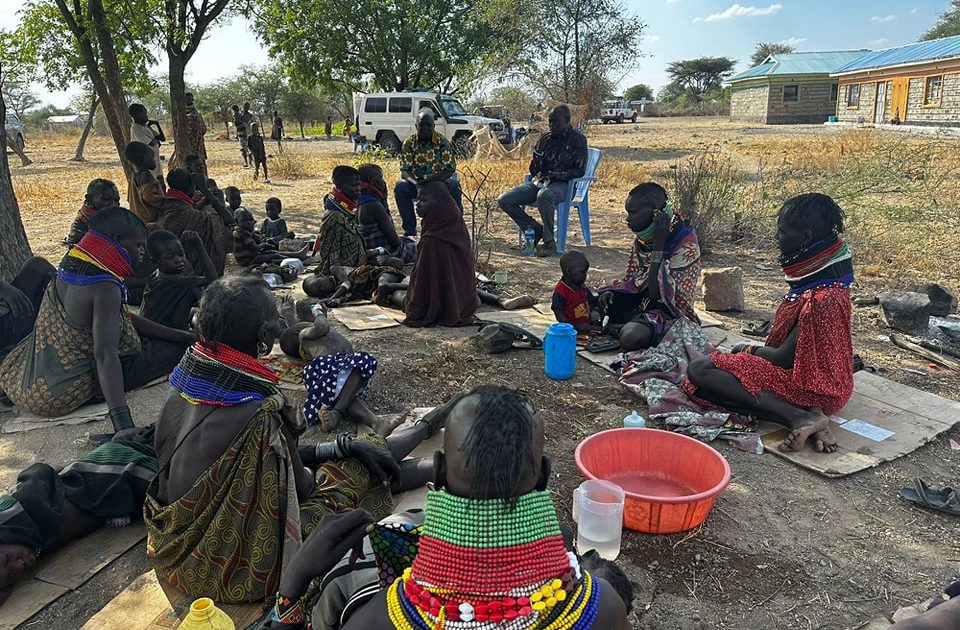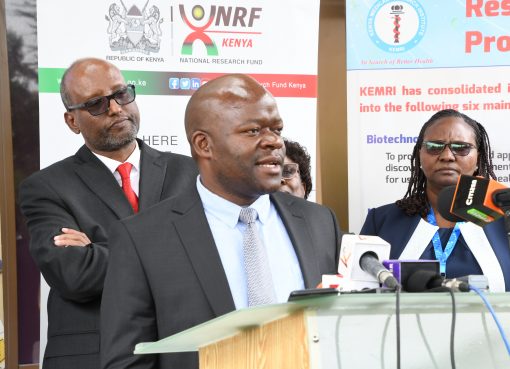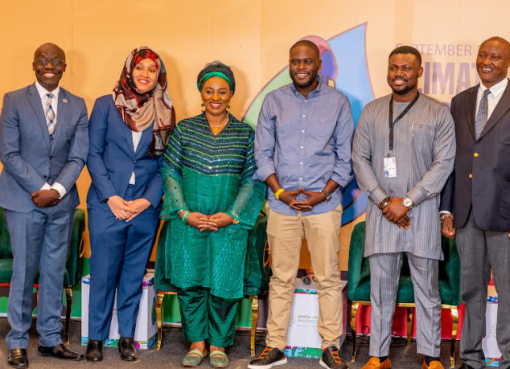Turkana County government through the Department of Health, has intensified outreaches to assess the impact of measles outreach that were started late last year.
According to WHO, Measles is a highly contagious, serious airborne disease, caused by a virus that can lead to severe health complications and death.
Measles infects the respiratory tract and then spreads throughout the body. Symptoms include a high fever, cough, runny nose, and a rash all over the body.
County Executive for Health and Sanitation, Dr. Francis Iris Mariao, led a team including Sub-County Health Management officers and UNICEF Kenya Representatives to assess status of the measles outreach emergency response in Letea Ward, Turkana West Sub-county.
The response, which began in mid-November 2023, was initiated at the village of Lokipoto and reported a surge in measles cases.
It was a similar response that was seen in Nalapatui, Kalobeyei Ward, earlier in the year.
While the Nalapatui response focused on home-based care and follow-ups, in Lokipoto, the Department opted to establish a Case Management Center at the local dispensary.
Supported by USAID NAWIRI, USAID Imarisha Jamii, Welthungerhilfe, and International Rescue Committee Core Group Partners’ Project, the Center had managed to slow down the spread of the disease as community health promoters had intensified case finding, at the household level.
During a briefing with the dispensary staff and community representatives, Dr Mariao lauded the efforts of the staff, case management team, local community, and various partners involved in the emergency response.
“The way forward on how to end the outbreak will be discussed in an upcoming meeting with the senior health management team and partners,” he said.
The County Executive was accompanied by Dr. Nelson Lolos and Rose Kendagun from UNICEF Kenya, Lodwar Zonal Office, Joel Lochor (Sub-county Medical Officer of Health) and John Ateyo (Sub-county Public Health Nurse).
Another team led by Dr David Moru – Acting Director for Health Products and Technologies, conducted a similar assessment at the Kakuma Sub-County Hospital and neighboring dispensaries.
At the Hospital, the team interrogated caregivers of admitted measles patients, to ascertain their villages and migratory routes. It is known that the highly mobile pastoralists in the sub-county, are vulnerable to have missed opportunities for immunization.
The team also urged the women to disseminate knowledge to their fellow villagers about the importance of immunization and take any child, who presented a rash to the nearest health facility for assessment and treatment.
By Peter Gitonga





